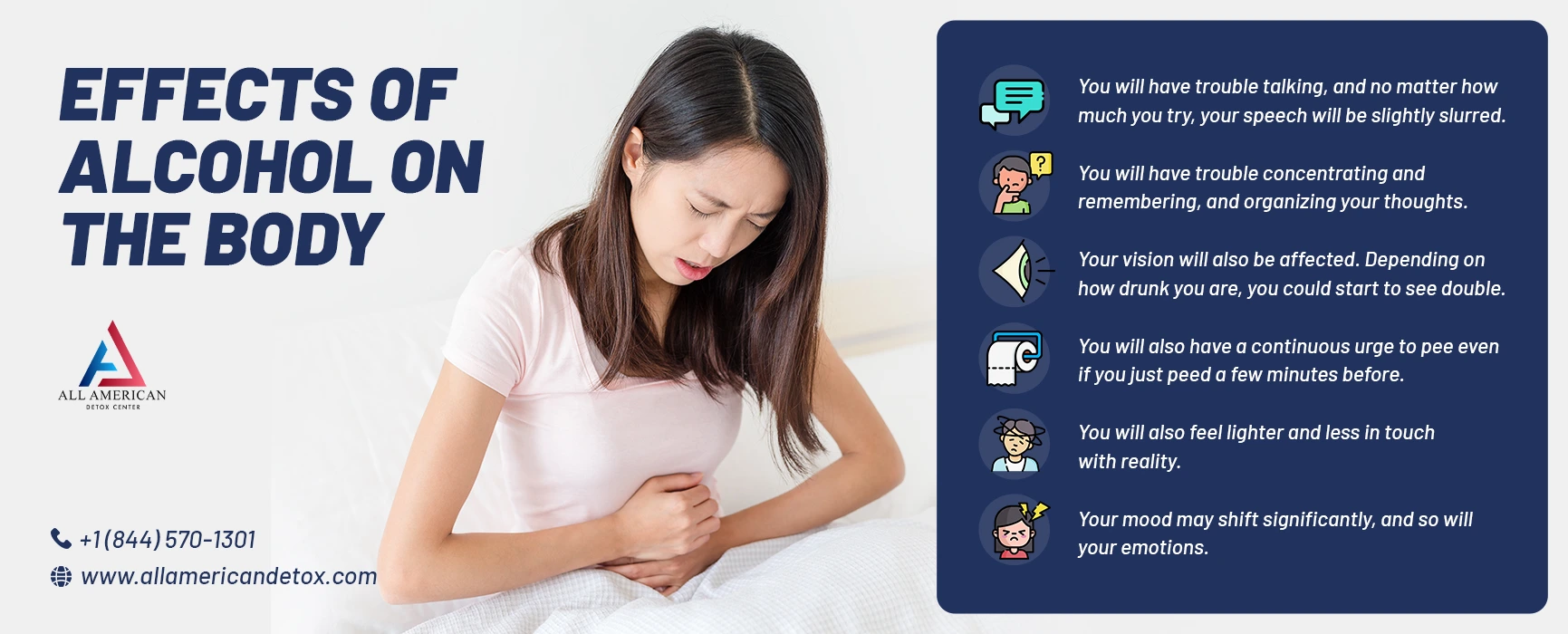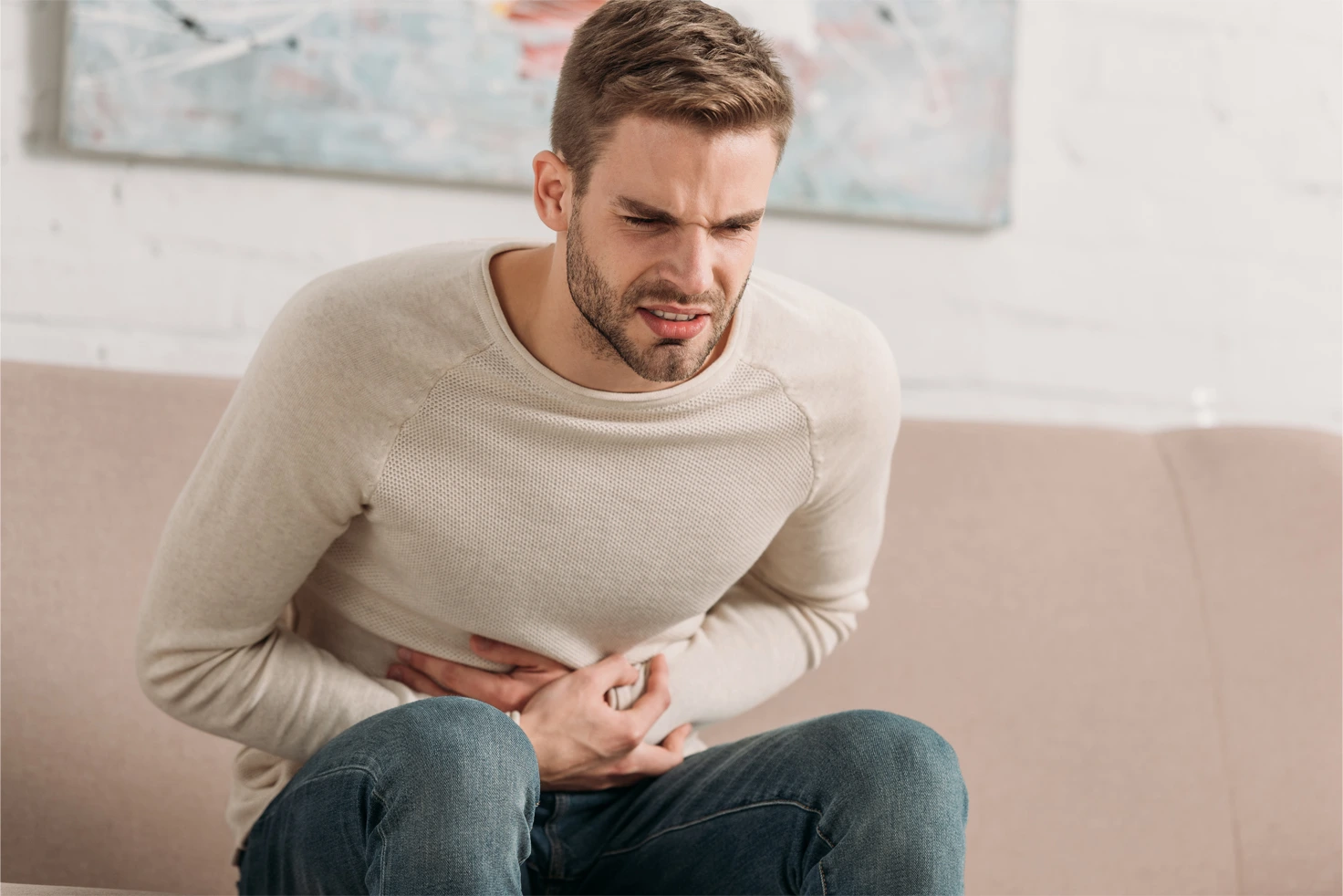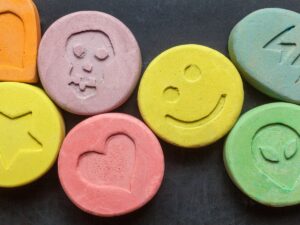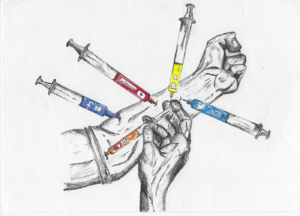Alcohol falls under the diuretic category, a class of drugs that causes increased urine production. The more you go to the toilet, the faster your body will lose water, leading to possible dehydration and concentrated urine, which in itself can cause discomfort, pain, and irritation irrespective of whether you are urinating or at rest. Drinking alcohol too much too regularly can have a significant effect on your bladder and a multitude of other health issues, both short and long-term. Also, if you happen to have bladder issues, drinking a lot of alcohol can aggravate the issues. In this learn about how alcohol affect the bladder?
Drinking Alcohol with Bladder Issues
If you have bladder issues such as urinary incontinence or urinary tract infections, drinking alcohol can seriously aggravate these issues. Drinking too much alcohol can make your urine more acidic, irritating the bladder. An irritated bladder can aggravate the urinary tract infection and will need an alcohol detox to lower the symptoms.
The Effects of Alcohol on Bladder
We want to start by saying that there’s not enough evidence to show the effects of alcohol on the bladder as of yet. But researchers are conducting various studies to get to the bottom of it, and we will soon find out. In some studies, chronic drinking was linked with incontinence and an overactive bladder, leading to the user wetting the bed. The term “wetting the bed” refers to someone peeing on the bed, but no sane person would ever do that, but chronic drinking can do that to someone. This happens when you black out from drinking or fall unconscious. Being under the influence of alcohol, your body will produce too much urine.
Since you are unconscious and unable to wake up, your bladder will discharge the water regardless of whether you are awake or still in bed. If it continues, it is recommended that you visit the alcohol rehab center. The same effect can also be observed when drinking other diuretic drinks, but it is much more pronounced with alcohol. It’s also partially because alcohol is a drink, and so it will be passed out in the form of urine. Even if you have a pee and empty your bladder, you still have the urge to pee again after a while. It’s because the alcohol is still in your bloodstream, and one of the primary purposes of the kidney is to cleanse your blood of toxins and mix it with water to generate urine.
So, your kidneys will extract a whole lot of alcohol from your bloodstream, and so it will generate a whole lot of pee. This is why there will always be a continuous urge to pee.
Effects of Alcohol on the Body

Drinking too much alcohol causes many issues, but as long as you don’t consume more than 2 units of alcohol or less than a pint of beer per day, you should be okay. But often, we tend not to see the number and drink past the limit of 2 units. When we start to experience some of the short-term effects of alcohol in our life. Here are some of the short-term effects you will feel-
- You will have trouble talking, and no matter how much you try, your speech will be slightly slurred. You can think of the words clearly, but the end speech will be slightly off when you speak.
- You will also feel lighter and less in touch with reality. This happens when alcohol has made its way into your brain through the bloodstream, and it’s interfering with your brain’s neural pathways. Hence, your brain cells have trouble communicating with each other.
- You will have trouble concentrating and remembering, and organizing your thoughts. Your reflexes will also be slightly slower.
- Your mood may shift significantly, and so will your emotions.
- Your vision will also be affected. Depending on how drunk you are, you could start to see double. This is temporary, and your vision will restore as soon as the alcohol is out of your system.
- You will also have a continuous urge to pee even if you just peed a few minutes before.
These effects are common but depend on person to person, and factors such as how much food you have eaten can also significantly alter the results.
Can I Quit Drinking Alcohol?
In a short answer, yes. But it’s a bit more complicated than that, and they usually are. Many people would argue that you need the right motivation to quit drinking alcohol, but even with the right motivation, one can still fail. This is because many times, people fail to grasp the fact that there’s another issue to this, and that’s the alcohol withdrawal symptoms. When one suddenly quits alcohol, they go through a phase called the alcohol withdrawal syndrome, which can result in various symptoms such as agitation, shakiness, loss of appetite, nausea, vomiting, anxiety, nervousness, and even severe symptoms such as seizures or hand tremors. That’s why simply trying to quit isn’t enough, and one needs to follow the proper procedures to avoid those symptoms.
All American Detox Center has state-of-the-art alcohol rehab programs that have not only got National Quality Approval but have also got “A” rating from Better Business Bureau organization (BBB). The All American Detox Center’s treatments have helped many people in the past, and they have certainly got our recommendation. You can reach out to us anytime by making a call at +1-844-570-1301.
Conclusion
While the symptoms mentioned above about how alcohol affect the bladder aren’t permanent and will start to wear off as alcohol leaves your body, chronic drinking can lead to severe issues. These will begin to become very apparent a few years down the line. Serious issues such as stroke, cancer, heart disease, and even brain damage can start to manifest in the long term, and these issues are permanent with little to no solution for them. So, get proper help from approved organizations before it’s too late.






